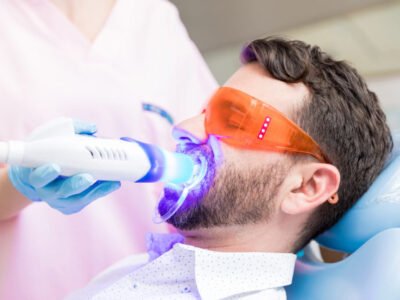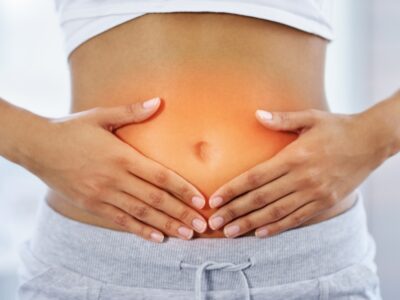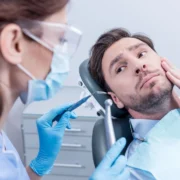
Menopause is a stage in a woman’s life with different symptoms. Symptoms like hot flashes and sleep problems can impact your life as you go through the menopause journey. Sleeping at night becomes a problem due to hot flashes that leave you turning on the bed throughout the night. You may feel tired, anxious, and irritable the next day. It is essential to know how menopause affects sleep and what changes you should make to sleep well. Let us look closer at how menopause affects sleep and how to deal with the problem.
How Does Menopause Affect Sleep?
Menopause comes due to hormonal changes. Estrogen and progesterone are strongly linked to menopause since they decline at this stage. The drop in these hormone levels affects the body’s rhythm. Estrogen, in particular, causes sleep problems because it is responsible for regulating body temperature. Therefore, less estrogen causes high body temperature, which affects sleep. Recognizing the symptoms and lifestyle adjustments you can make to support quality sleep is crucial. Mostly, focus on your physical well-being and sleep hygiene.
How to Improve Sleep during Menopause
The following are strategies and lifestyle changes to help you sleep better.
- Consider Hormone Replacement Therapy
If you stay awake at night because of hot flashes, you can reduce the temperature in the house to help you sleep. However, a better way of treating severe hot flashes and other symptoms is to go for menopause treatment. Before going for this treatment, confirming if you are a candidate is crucial. You no longer have to live with the symptoms. Menopause treatment will help treat hot flashes and other symptoms like anxiety, night sweats, hair loss, etc.
- Exercise
Another way to improve sleep is exercising. According to experts, regular exercise helps enhance sleep quality and mood. Most women above 55 years commonly experience insomnia. However, exercising at least four times a week helps boost sleep. It keeps you active and helps reduce stress.
- Check What You Drink
Drinks like tea and coffee contain caffeine that keeps you awake for a long time. Furthermore, caffeinated drinks are another culprit of hot flashes. Therefore, avoiding taking too much tea or coffee is advisable if you are struggling with night sweats. You should also avoid taking alcohol before going to bed. Alcohol also triggers hot flashes. Although drinking alcohol may help you fall asleep initially, you might have difficulty staying awake.
- Try Relaxing Techniques
Anxiety elevates during menopause and can deny you sleep. Therefore, trying different relaxing techniques like yoga and meditation is advisable to help you sleep. Pleasurable reading and soothing music can also work wonders. If you don’t have hot flashes, consider taking a warm bath to help you relax.
- Stay Cool
Keeping the room cool is an excellent way to reduce night sweats and hot flashes. Ensure you adjust your room’s temperature and wear breathable clothes. Taking a cold shower before bedtime can also be a good idea. If you wake up because of hot flashes, try something to help you sleep. You can wake up and try relaxing until you can fall asleep again. Don’t worry about not sleeping since it can also keep you from falling asleep.
Outlook
Sleep problems are common in women in the menopause stage. The issue is that not getting enough sleep can disrupt different things in your life, including relationships and your overall health. Therefore, practice the healthy habits described above to improve your sleep quality.











